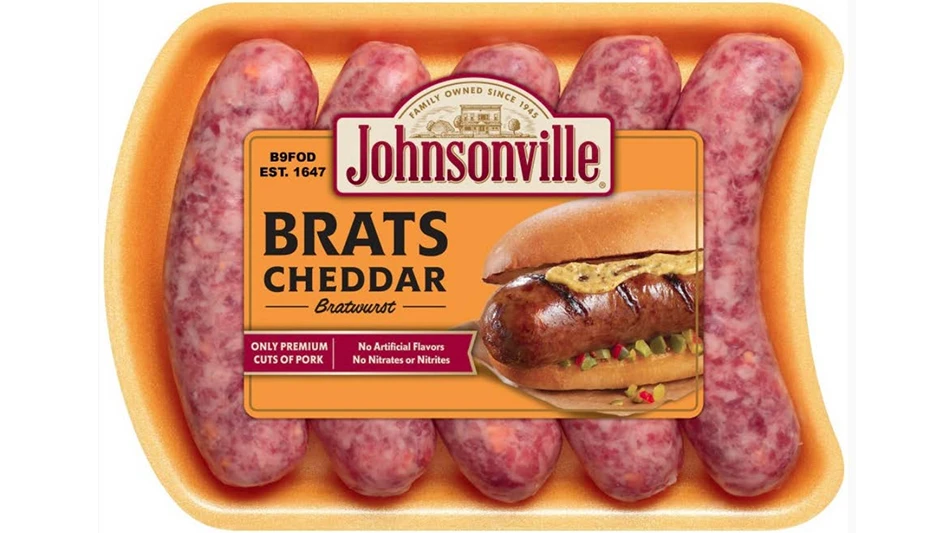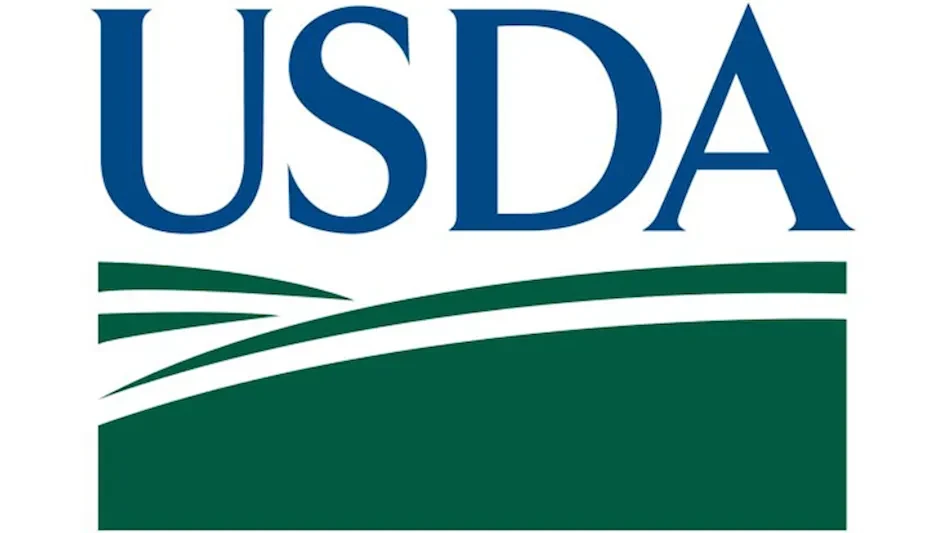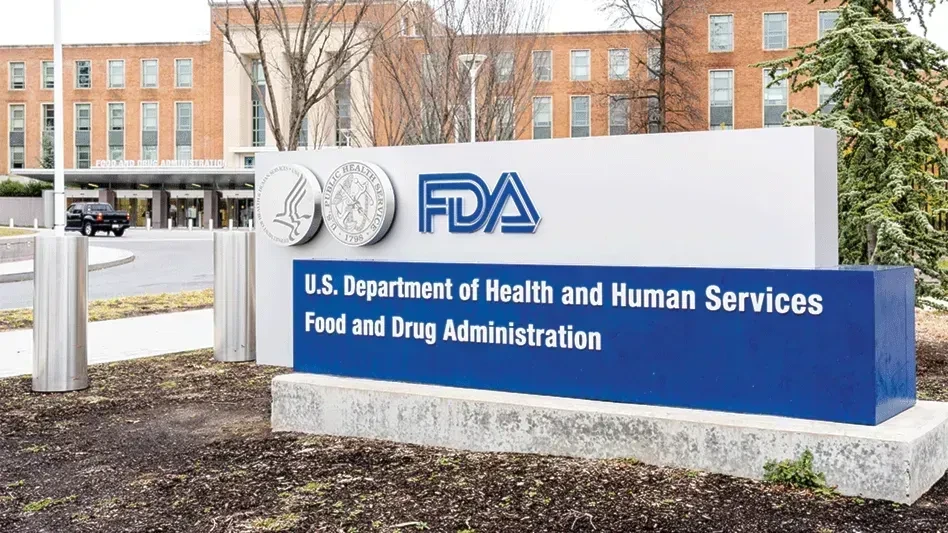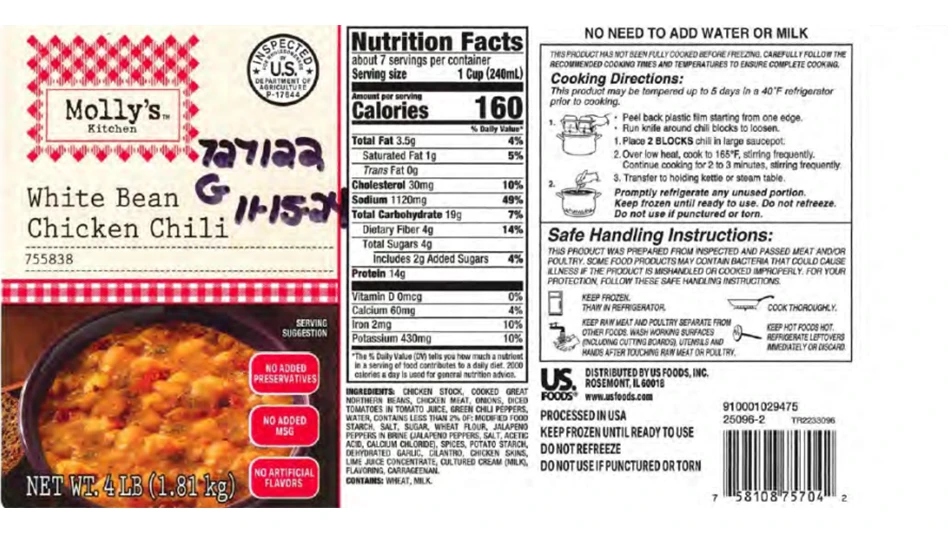When a foodborne illness outbreak sickens and kills consumers making national headlines, it can put the indicted company out of business. But in some cases, companies have risen to the challenge and taken it as a call of duty to publicize, rather than hide, the event and take proactive steps to bring about critical industry change.
For many, this brings to mind the Jack in the Box hamburger chain. Well-known for speaking out about its role in and improvements since the 1993 E. coli beef contamination, it is also known for its advocacy of industry-wide improvements.
A more recent example of such notable action is Earthbound Farm of San Juan Bautista, Calif. Indicted in the 2006 spinach E. coli O157:H7 outbreak, the organic producer has taken on the charge to improve not only its own practices, but produce standards in general.
Like Jack in the Box, Earthbound Farm did not try to downplay the outbreak, rather, it made the commitment to talk publicly. “We continue to talk about it because awareness is the key,” said Will Daniels, senior vice president of quality, food safety and organic integrity. “Pathogens exist. We don’t have a kill step, so we have to put as much in place as possible.”
“We produce a very healthy product,” said CEO Charles Sweat. “The last thing we want is for it to be unsafe.”
Rising Above the Recall. When the outbreak occurred, Daniels said, “we really felt that we were operating at industry best standards.” The company was benchmarking its practices, undergoing external audits and participating in industry working groups, including a committee to develop commodity-specific guidelines for lettuce and leafy greens.
There are many things to consider in developing guidelines from field to fork, but, Daniels said, “everything we had responsibility for we were able to check off that list. Things that should be considered, we had considered, and we were doing something about. ...Then the fall of 2006 came, and all bets were off.”
Prior to the outbreak, other produce companies had undergone less-extensive recall incidents. But since none came forward to note a need for general reform, he said, it was assumed that the produ-cers had something wrong within their systems. When it happened within Earthbound’s system, they realized the issue was much bigger than any single producer.
This did not mean that Earthbound did not shoulder responsibility or seek to improve its practices. Rather, as Daniels said, “In 22 years of business, we’d never had our products associated with a foodborne illness incident. To us, that showed our system worked well, but clearly we had an incident in August 2006 that our system couldn’t control. It forced us to evaluate the entire process and find as many enhancements to it as possible.”
A full farm-to-fork assessment was considered critical because, despite the many assumptions and findings, a clear cause was never truly identified.
Daniels, however, noted the lack of a clear vector as a good thing. “If we knew what the cause was, we would have focused only on that. Because we didn’t find the cause, it forced us to evaluate everything.” And in doing so, the evaluations and enhancements did not just focus on the E. coli O157:H7, but also on enterohaemorrhagic E. coli (EHEC), Salmonella and Shigella—throughout the supply chain.
|
Lessons Learned It’s easy to look back and say what one should have or could have done when involved in a recall; it’s more difficult, but more productive, to look back, learn and improve upon what was done. “If you handle it right, as we learned from the event of ’06, you get rewarded,” said Earthbound Farm CEO Charles Sweat, in relation to the spinach outbreak of 2006 in which his company’s field was indicted. “We didn’t go out of business. I think we did it the right way—we made changes.” The article on the following pages discusses Earthbound‘s decision to go public with its plans for improvement and implementation of proactive practices; and that, Sweat said, was also a part of doing it right, enabling the company to manage its reputation and put out an improved, safe product. “It is still a constant looking for better answers every day,” he said. “We have to do anything we can to put safe food into commerce.” With “anything” being when one is on or off the clock. Sweat said he was relaxing in his backyard over the weekend, when he suddenly picked up his cell and called Sr. Vice President of Food Safety Will Daniels. “It’s hot and humid,” he told Daniels. “Let’s check our sampling program.” “There are still of lot of questions that I have, and that we as an organization have,” Sweat said. “We’re always seeking answers, but we’re not waiting for science to answer.” |
Earthbound’s resulting enhancements included internal practices, supplier/grower requirements, and the establishment of a food safety program that now impacts nearly all leafy green producers.
Leafy Greens Agreement.
In the wake of the recall, a number of produ-cers banded together, focused on increasing the safety of leafy greens. It was felt that federal guidance had a significant downfall, specifically that it was simply guidance—noting what a producer “should” do, not requirements—stating what producers “must” do. As such, neither producers nor consumers had clear metrics by which to measure safety of produce.
A committee of California producers came together less than two months after the recall to pursue a Leafy Greens Marketing Agreement (LGMA) that would create a standardized food safety system for California leafy greens governed by its Department of Food and Agriculture. By February of 2007, LGMA was officially formed with the appointment of an Advisory Board, who, within one month, had reviewed and accepted a set of mandatory food safety practices. Wherever possible, the practices were based on science, Daniels said, and where no science was available, it was a matter of negotiation between members.
By March, administration of the program had begun with informational auditing of signed members; in July, the state department began conducting mandatory audits of LGMA member companies; in the fall, Arizona followed suit with implementation of its own state-governed agreement; and year-end brought validation of the industry’s efforts with 2007 having passed with no reported cases of foodborne illness related to leafy greens grown by LGMA members.
The agreements of LGMA are taken on through voluntary signature of produce handlers. However, today’s list of signatories to the California and Arizona LGMAs represent close to 90 percent of U.S. production, with California member companies shipping and selling over 99 percent of the state’s leafy greens.
Beyond the Agreement.
As an LGMA signatory, Earthbound Farm follows the mandates—and then some. Essentially, Daniels said, LGMA is risk assessment for fresh cut leafy greens, requiring multiple interventions for food safety. However, Earthbound’s multi-hurdle approach goes even further to take advantage of any opportunity, upstream and down, Daniels said. “Without a kill step, it’s really about a multi-hurdle approach to food safety.”
In field application alone: where LGMA requires a pre-planting ranch site assessment, Earthbound adds testing of seeds and inputs and increased frequency of irrigation water testing; where LGMA requires a pre-harvest ranch audit, Earthbound adds a GAP harvest audit. Such an approach is a crucial because, Daniels said, “We are only as good as the food safety continuum at its weakest link.”
On the Farm.
To ensure food safety across the continuum, pre-season ranch audits are conducted at every Earthbound Farm field, and surrounding area, prior to each growing season.
Some growers tend to take a “knee-jerk reaction” to eliminate potential area issues such as wildlife habitat, Daniels said, but Earthbound Farm believes in a balanced approach. “If you remove their habitat, you’re removing their home. So where do they go then? … Into your field?” So if the wildlife isn’t encroaching, Earthbound will monitor it, but let it be.
If a field is considered at all questionable, however, Earthbound will advise a grower not to plant produce that will be used raw. “Our goal is to keep the growers economically viable so they are not planting something that, when it gets to harvest, we say we can’t take it because it’s too risky,” he said.
Until 2001, baby greens were picked by hand. While mechanization increased efficiency of the process, it also reduced the scrutiny. To compensate, Earthbound upgraded the machinery to include such additions as front-of-equipment “tickler” bands which agitate the crop and an air knife to drive away insects and animals. In addition, unannounced GAP harvest audits are conducted, with the auditor inspecting the machinery, chlorinated water levels, condition of sanitation facilities, and employee dress and practices. At Earthbound farms, hair- and beardnets are required even in the open field.
Earthbound also takes the extra steps to require that all on-farm inputs, such as fertilizer and seeds, be sourced only through approved suppliers, and all seeds, fertilizer, compost and any field input be tested for pathogens. “As we looked at other industries for clues, we found that seeds were a concern in the sprout industry. Our baby greens are pretty close to sprouts, so we incorporated seed-testing into the program,” Daniels said.
Test & Hold.
One of the key improvements Earthbound made immediately after the outbreak was increased sampling and testing, even going against produce convention to implement test and hold. “Test and hold is really a controversial practice in the industry,” Sweat said. “People don’t think you can do it. We’ve proven that you can.”
Although Earthbound was also unsure if it could be done, within two weeks of the recall, the producer decided to try. For quick implementation, Earthbound first conducted it with raw product. Then, after two months of mock test and hold on finished goods, the company launched that program in February of 2007, and test and hold had become standard practice.
The hold requirement had low impact on raw product because it is already held for 24 hours, but finished goods have a quicker turn time, so Earthbound had to increase production by 30 percent to make up for the added hold time.
“It is costly, it is time consuming, and you have to change your entire process,” said Samantha Cabaluna, director of communications. There aren’t many produce companies conducting test and hold, “but we believe it is the right thing to do.”
A Multi-Hurdle Program. “When we first started test and hold, we were criticized by those who said ‘You can’t test safety into a product,’” Daniels said, to which he responded, “It is not our answer to food safety, it’s one hurdle.”
Other added hurdles include:
- Inspection-ready. Daniels joined Earthbound Farm two weeks before a scheduled audit. During that time daily meetings were held and everything was brought into spec. “It was very well choreographed. The audit came and we scored a 980 out of 1,000. Everyone was extremely excited.” But, Daniels said, “Two weeks later, we were right back in the previous state. I quickly learned we needed to do more. We needed to change the paradigm from ‘Let’s get ready for an inspection’ to ‘Let’s be inspection-ready every day.’” It is a culture that is required, not just within the plant, but across the food chain, through unannounced field and supplier audits for both food safety and organic integrity, he said. “We want our suppliers to have that same readiness. We want to know that when we leave the field they do the same as when we are there.”
- QTV and BRC. An initial step Daniels took was to implement USDA’s Qualified Through Verification (QTV) program, a voluntary quality assurance program which helps identify process deficiencies before production, validate the HACCP program and include unannounced inspections.
- Plant Processes. Within the plant itself, Earthbound implements a number of hurdles, including receipt of produce from refrigeration-required trucks into refrigerated rooms; in-plant lettuce trimming to reduce potential food safety risks of field trimming; a dunk reel to eliminate floaters and ensure every surface of each leaf contacts the chlorinated wash; laser sorters that detect chlorophyll to eliminate foreign objects not detectable by X-ray or metal detection; a weigh belt to keep from overwhelming any controls; test and hold for raw materials and finished goods; water testing and metal detection CCPs; and a newly designed shipping area with four off-temperature storage rooms, drop ceiling to contain pipes, refrigeration unit on the roof to reduce internal condensation and one-piece inside-opening dock doors with channels below for cleaning. “We believe this is the future of shipping and the way it should be designed,” Daniels said. As in the field, any produce with any question of contamination is dumped. “It looks good, but it tested positive,” Daniels said of bushels of spinach being dumped. “Product that tests positive gets destroyed and sent to landfill,” he said, adding, “That’s that benefit of real-time results.”
- Sampling and Testing. To ensure its products are tested at a high level, Earthbound contracts with a third-party lab for full-time, on-site testing. Housed in a separate trailer to manage the risks of pathogen analysis, the lab adapted its ground-beef program to apply high-risk testing to the produce. “Until we really know what the vectors are and how to stop them at the source, testing is a very important hurdle,” Cabaluna said.
Earthbound’s testing is now so intense it has attracted the attention of regulatory agencies, academia and the industry. “No one else is doing testing to this level,” said Daniels. “We are setting the standard. We are helping industry evolve.”
Since 2006, setting standards for food safety and helping industry evolve have become a primary call of duty for Earthbound Farm, with its industry-controversial test-and-hold process as a prime example of its leadership. “We changed the whole way the business of testing was done,” Sweat said. “Our perspective is that we won’t ship another salad without it.
“After you’ve walked down the path we did, there’s no other answer.”
The author is Managing Editor of QA. She can be reached at llupo@gie.net.
| LGMA Member Requirements |
In 2006, after the spinach Salmonella outbreak, a committee of California producers came together in an effort to pursue a Leafy Greens Marketing Agreement (LGMA) that would create a standardized food safety system for California leafy greens governed by the state’s Department of Food and Agriculture. By February of 2007, LGMA was officially formed with the appointment of an Advisory Board, who, within a single month, had reviewed and accepted a set of mandatory food safety practices. Wherever possible, the practices were based on science; where no science was available, it was a matter of negotiation between members. The agreements and assessment of LGMA are not industry-wide requirements, rather they are taken on through voluntary signature of produce handlers. However, today’s list of signatories to the California and Arizona LGMAs represent close to 90 percent of U.S. leafy greens production, with California member companies shipping and selling over 99 percent of the state’s leafy greens products. The current food safety requirements for LGMA member companies include:
|
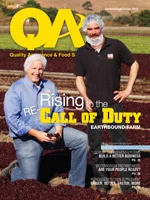
Explore the October 2010 Issue
Check out more from this issue and find your next story to read.
Latest from Quality Assurance & Food Safety
- Taylor Farms Linked to Romaine E. coli Outbreak as Marler Clark Files Multiple Lawsuits Against Supplier
- IAFNS Announces Winners of Emerging Leader Awards for Food Safety, Nutrition
- FDA Shares Testing Results for PFAS in Bottled Water
- Provision Analytics Adds Food Safety Expert Jennifer Williams to Strategic Advisory Group
- Boston Sword & Tuna Protects Seafood Safety with Mettler-Toledo Metal Detectors
- IFT Releases New Resources to Aid Food and Beverage Industry in Sugar Reduction
- Yum! Brands CEO David Gibbs to Retire in 2026
- Penn State Extension Offers Short Course on Food Microbiology and Safety for Food Plant Workers
